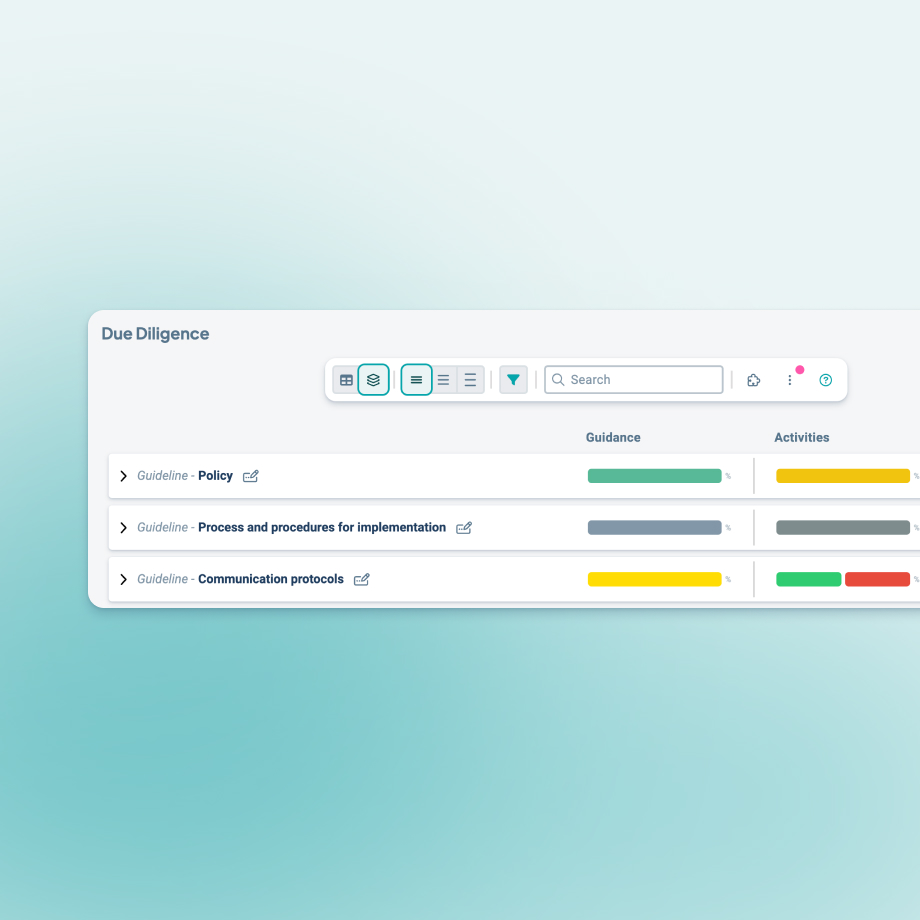Get an overview of how your work aligns with guidelines and requirements
Due Diligence is the process companies use to identify, prevent, mitigate and account for how they address negative impacts on the environment and people associated with their business activities. In Stratsys, you work to review how your work aligns with these guidelines and requirements.


.png?width=690&height=690&name=EU-flag%20(1).png)





.jpg?width=600&height=600&name=iStock-1349030917%20(1).jpg)